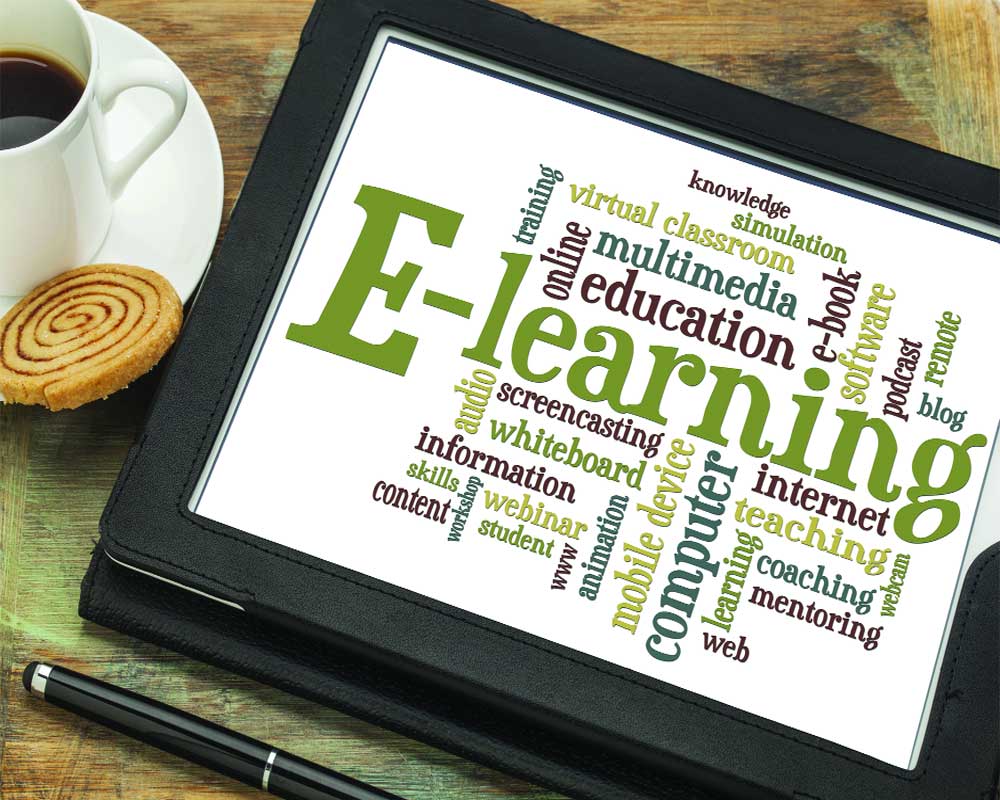In these unprecedented time, technology and digitisation will play an enormous role in making learning for the differently-abled more accessible and inclusive, says Prashant Agarwal
While the world has been speaking of the sudden break and the challenges that COVID-19 has put forth for various sectors, one can sense a major impact of this on the education and skilling sector which had most of its functionalities congregating with face-to-face interactions. Touching is believing, what was once a necessity has slowly shifted to strictly being driven by Digitisation in the education sector.
Career choices and opportunities are now integrated through online platforms where one such example is virtual trainings and internships which are being implemented by leading companies across the globe. However, while many institutions and organisations have developed and integrated technology in their regular functionalities, what do we see as a scope for the differently abled and how do they fit the bill in these challenging times within the mainstream career opportunities.
Before COVID-19 where the focus to impart education for the differently abled was through art and therapy, a lot has changed since then. There has been a massive shift where the differently abled were first considered to be restricted with the jobs they were recruited in and the career opportunities were also limited. However, with technology in place and post COVID-19 massive changes in the entire foundation of functionality newer opportunities have been cropping up for the differently abled to explore.
Adaptive technologies that would help the differently abled in all senses have been implemented by multiple organisations such as On-screen boards, text-to- speech synthesizers, magnification applications, screen readers, electronic pointing devices, alternative keyboards, computers with visual output and voice output and many more. The Government also has laid various training and skilling programs exploring Digital Literacy for the differently abled under the PMKVY Scheme by introducing Skill Council for Persons with Disability (SCPwD). The organisation was incepted with a National Vision of skilling Persons with Disability and offering them meaningful industry relevant skill based training.
EdTech applications: Content accessibility plays an important role in imparting knowledge and skilling the differently abled. Content that is easily accessible through applications that are developed to be user friendly have proven to be great sources of education. Institutions both in urban and rural areas can utilise the bandwidth connectivity and impart skill trainings through online platforms and content that can be easily delivered through videos, online lectures and various applications.
E-libraries: While most of the content that is available online curriculum that is up-to date as per industry standards is a must. E-libraries and their access with added text to speech technology can help the differently abled students to access their curriculum from anywhere.
Knowledge mobility: While many companies have been adopting ways through which they can contribute to the social cause of imparting education to the differently abled, it is suggested that they must offer affordable smartphones to students studying in rural areas. This would accelerate affordable smartphone ownership, and strengthening supply of contextualised and engaging content directly to students.
In these unprecedented times, technology and digitisation will play an enormous role in making learning for the differently abled more accessible and inclusive. However, technology can alone not achieve these aspects unless there is a positive participation and communication across all stakeholders to equally contribute for making learning more accessible through effective and efficient delivery channels. With strong emphasis on technical education, the National Education Policy also suggested that the new school curriculum should involve vocational and technical education from class VI.
The writer is President of Narayan Seva Sansthan
























